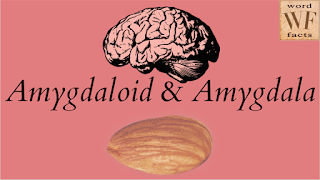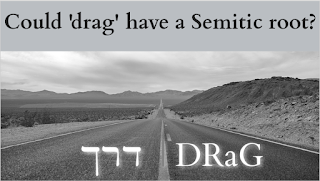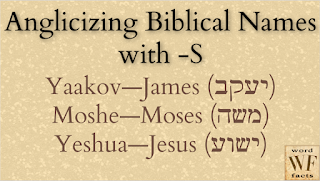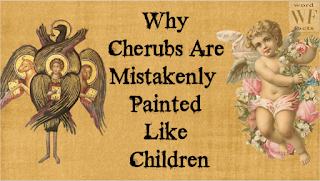1934: What's a Nut? Apr 1, 2020
Peanuts are legumes; brazil nuts are seeds, and almonds are drupes. This begs the question: what is a nut?—and does it really matter? The variety in uses really arises from the fact that a nut can refer to either a type of fruit, or to a hard-shelled seed; in the case of almonds, it is both, since the seed comes from the pit of a stone-fruit (like a peach) which itself is inside fruit. This is mostly ex post facto by the botanists however, because across many languages, and throughout human history, this has been a general, and ambiguous term, much like ' apple ' or 'berry have been. Support Word Facts on patreon.com/wordfacts



